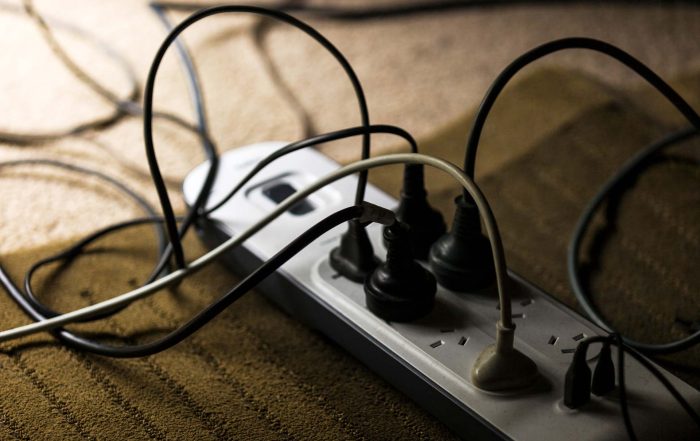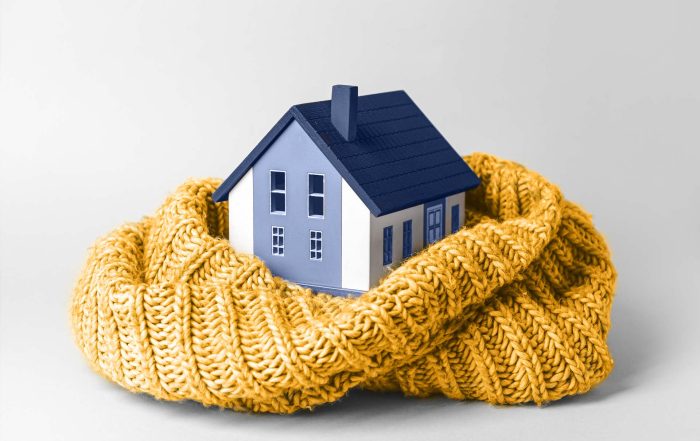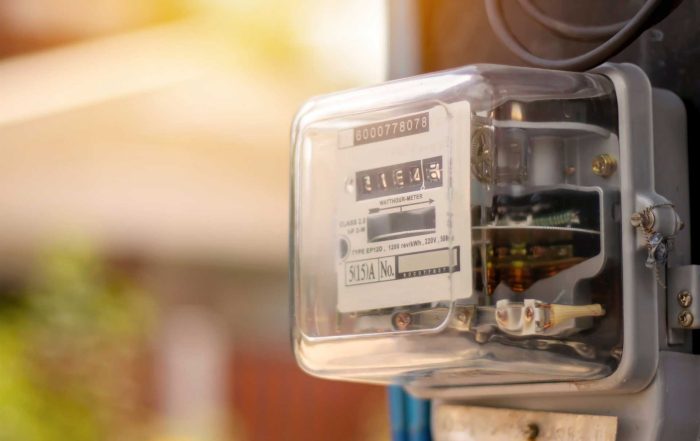3 Ways to Stay Safe and Avoid Electrical Fires
How to Avoid Electrical Fires
In the 21st century, most of us are so accustomed to electricity that we don’t think twice before flipping a switch or turning on our electric gadgets. Dozens of years of innovations have made electricity as safe as possible so we can use it confidently at home and work.
However, in spite of these innovations, electricity is still inherently dangerous. That danger is why your home or commercial building’s wiring and electrical system all have safety mechanisms in place to make sure your appliances run correctly and your wires don’t start fires.
If you want to help your electric system’s safety regulations help you, follow the steps below. We’ll tell you how to stay extra safe as you operate electrical devices at home or in your commercial or industrial building.
1. Turn Off or Unplug Appliances
Let’s start with the simplest piece of advice-don’t run certain electrical appliances when you’re away from home or when you’re sleeping, and unplug appliances that you aren’t using. For instance, if you have a dryer for your clothes, don’t let it run overnight. Only let it run during the day when you’re awake and around to handle any potential problems.
Similarly, if you’re not using your laptop and it’s fully charged, unplug it. Don’t leave appliances plugged in when they’re not in use.
Chances are high that nothing will go wrong with any of your appliances when they’re running or plugged in-but it’s better to be safe than sorry. Plus, if you don’t have surge protectors, a lightning strike or change in the city’s power system could overload your system and blow out your sockets. In rare cases, this action can cause sparks.
To save electricity, invest in power strips. You can switch the entire power strip off when you’re not using any of the appliances plugged into it, like your television, DVD player and phone charger.
2. Use Appliances, Cords and Outdoor Lights Safely
Again, your electrical appliances and extension cords probably won’t malfunction when you use them. But to maximise your safety, follow these tips:
- Don’t run your extension cords under the rugs or carpet. Keep them in plain sight and away from flammable materials.
- Clean out your tumble dryer’s lint filter after every batch of laundry you dry.
- Only use safe Christmas and holiday lights, and have them placed by a professional. Don’t use old outdoor lights or lights with exposed wires.
- If you get a new electrical appliance, have a professional install it so he or she can hook it to your electrical system correctly.
- If you notice strange smells, especially smoke, coming from your clothes dryer or other electrical appliance while it’s running, get it inspected by a repair technician and replaced immediately. Your appliance’s wires could be sparking and causing miniature fires out of sight.
When you install and operate your electrical appliances correctly, you decrease your chances of experiencing a house fire.
3. Know What to Do During Storms and Floods
If a natural disaster involving rain and water occurs, you need to know how to protect your property and avoid electrocution. Add a safety switch to your electrical system and check that it functions correctly. You should also find out where your electrical, gas and water supply lines are so you can shut them off.
If a dangerous storm is drawing near, shut off your electrical appliances. Keep abreast of your local weather station’s updates so you can stay ahead of the storm and take safety precautions as needed.
If you lose power in a storm and want to use your backup generator, remember to never run it inside the house. The carbon monoxide levels can fill up an indoor space quickly.
Bonus: Call an Electrical Contractor for Help
If you want your home or building to be as safe as possible, call an electrical contractor to make sure your wiring is up to date, your safety switch is functional and your appliances are hooked up correctly. At Faraday Group, we’re happy to help – at a price you can afford. Get in touch with us today. We are your trusted Sydney Electricians.



